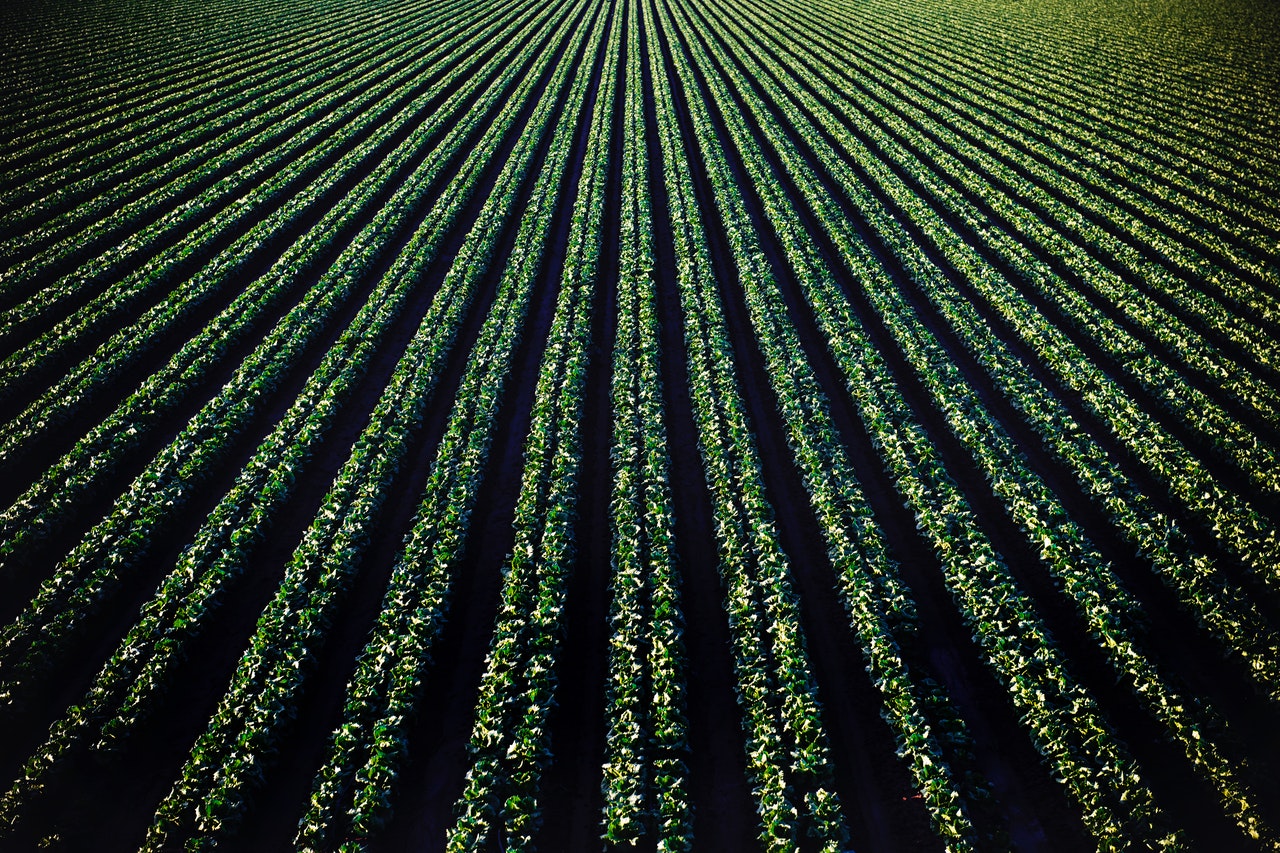Effective May 3, 2021 DATCP (Department of Agriculture, Trade and Consumer Protection) published an Emergency Rule making further changes to Wisconsin’s Hemp Pilot Program. Although Wisconsin is still operating under a “Pilot Program” pursuant to the provisions of the 2014 Farm Bill, this Emergency Rule (and the others before it) are meant to add flexibility for Wisconsin hemp growers and processors as Wisconsin lurches toward full compliance under the 2018 Farm Bill (we’ll get there).
The most substantial change that this Emergency Rule (full text here) introduces is the opportunity for growers to remediate their non-conforming crops after testing by DATCP (rather than just destroying them). Remediation options include shredding the non-conforming plants into “homogeneous biomass”, or removing flowering material in an attempt to “salvage” the remainder of the plant. Of course, fees (and deadlines!) are involved if a grower chooses to avail themselves of this new procedure under the Emergency Rule.
A few notes: 1) “Shredding into homogeneous biomass” sounds a lot like “destroying” – but it certainly is more consistent with general good agricultural practices than “burn it!”; 2) I’m not a botanist (just an amateur gardener) but it will be interesting to see how “removing flowering material” will “salvage” the remainder of the plant as a practical matter and; 3) According to DATCP’s interpretation of the remediation options “removing flowering material” still requires “shredding [the remainder of the plant] into homogeneous biomass” – but that isn’t exactly (IMHO) what the federal rules (which the Emergency Rule is attempting to implement) say. The remediation option is still brand new, so it may take some time to get the procedure and practice down.
A summary of the Emergency Rule is here.
More information on remediation is here.
Thanks for reading!

